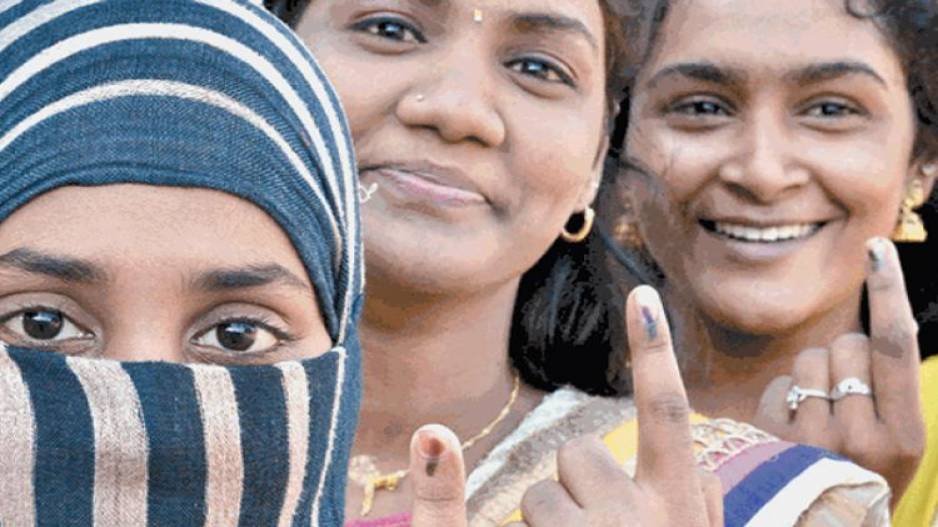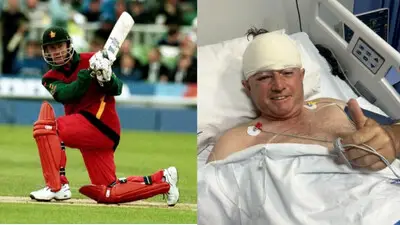Recommended Stories
By Saumya Tewari
Female contestants increased across the four states that went to polls recently - but not legislators - and three times as many women contested in Kerala compared to the 2011 elections, according to an IndiaSpend analysis of electoral data.
Two of the four states had incumbent women chief ministers - West BengalÂ’s Mamata Banerjee and Tamil NaduÂ’s J Jayalalithaa - and they registered consecutive victories for their parties.
Increase in women candidates, not MLAs
While both the incumbent CMs won, there was no significant increase in the number of female members of legislative assembly (MLAs) elected to the four state assemblies.
Kerala, the state with the best indicators of gender development, saw almost three times as many women contestants during the recent elections as it did in the 2011 elections. However, only eight of 105 contestants (7.6 percent) won.
A third (33) of female candidates contested as independents in Kerala.
West BengalÂ’s new assembly has six more women MLAs as compared to 2011. AssamÂ’s women MLAs dropped to eight from 14.
The number of women MLAs increased by one in both Kerala and Tamil Nadu.
Do women leaders give more tickets to women candidates?
The highest proportion of tickets was given to women by Jayalalithaa in Tamil Nadu over the past five elections, except in 2011, when more women were given tickets by the rival Dravida Munnetra Kazhagam (DMK), according to data collated by Gender In Politics, a web-based project that tracks women in politics, using data from the Election Commission.
Mamata BanerjeeÂ’s Trinamool Congress gave 15 percent of its tickets to female candidates in 2016, up from 14 percent in 2011.
The Communist Party of India (Marxist), the longest-serving ruling party in West Bengal, was always ahead of other parties in the state in selecting female candidates.
(In arrangement with IndiaSpend.org, a data-driven, non-profit, public interest journalism platform, with whom Saumya Tewari is an analyst. The views expressed are those of IndiaSpend. The author can be contacted at respond@indiaspend.org)













